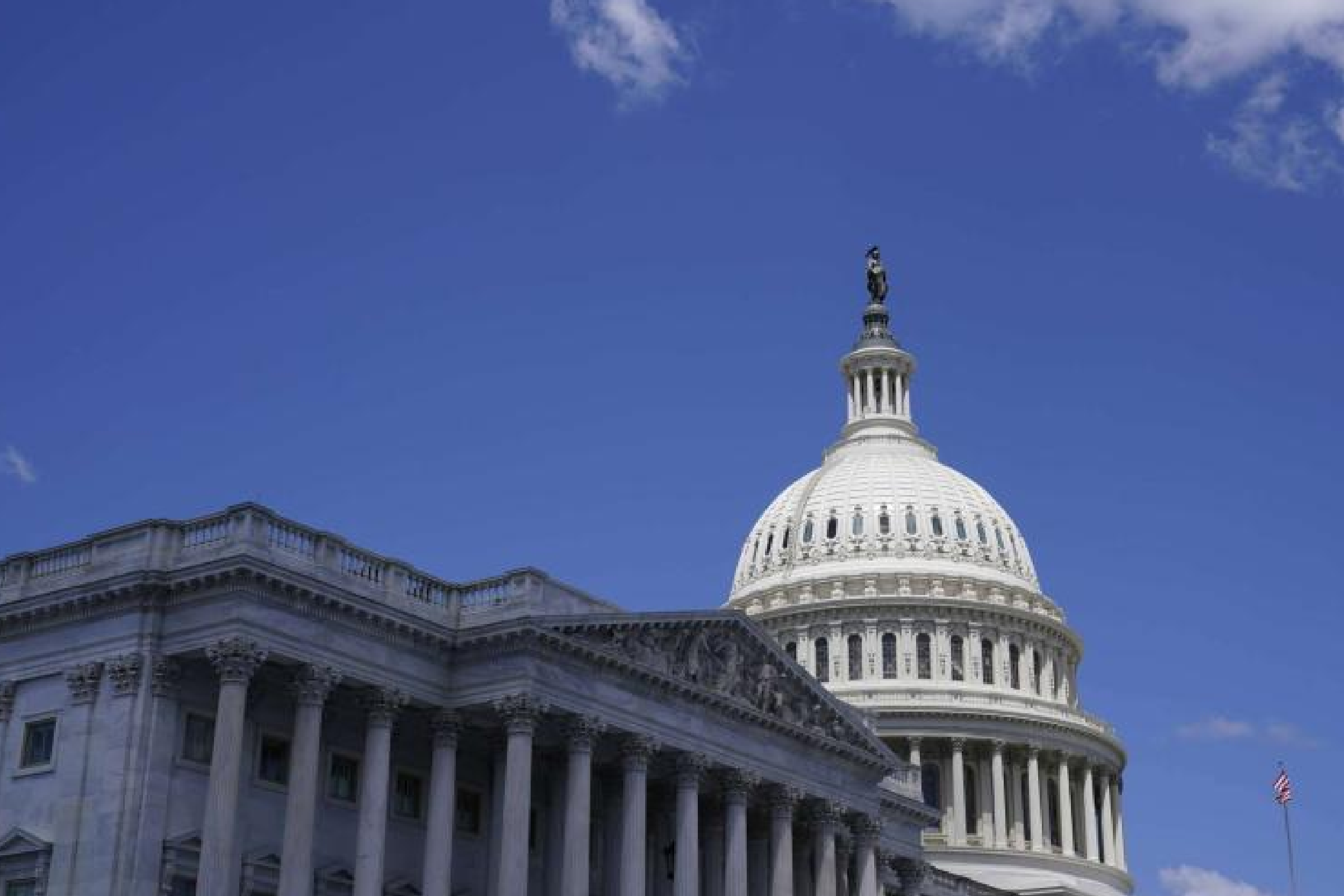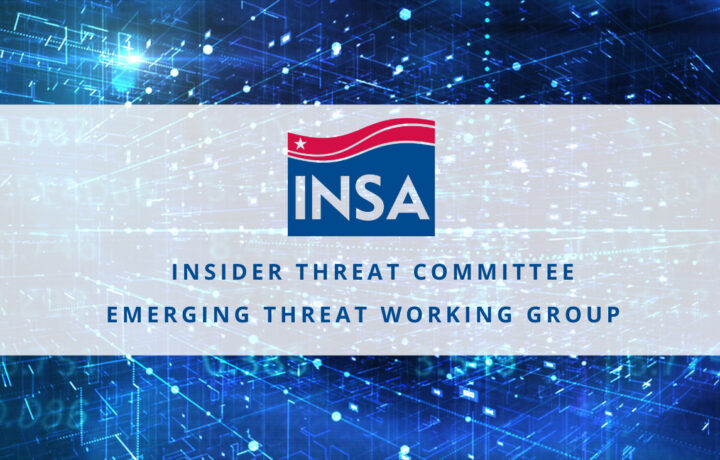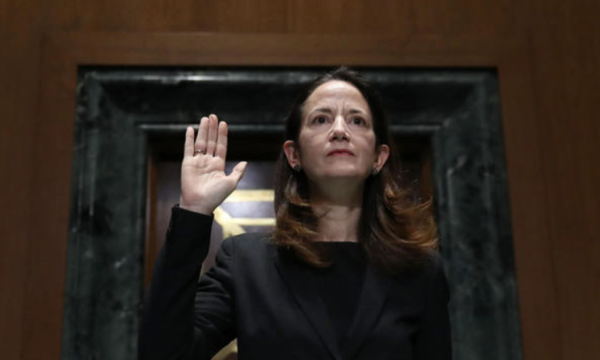Op-Eds
-
 Op-Ed: Eliminate College Degree Requirements and Secure Our Nation in Cyberspace
Op-Ed: Eliminate College Degree Requirements and Secure Our Nation in CyberspaceThis July 2 Federal News Network Op-Ed by Suzanne Wilson Heckenberg, INSA/INSF President, and David Mitchell, INSA Military Fellow, calls for the elimination of college degree requirements for cyber jobs with federal contractors.
-
 Op-Ed: How AI Can Lead the Fight Against Cyber Threats
Op-Ed: How AI Can Lead the Fight Against Cyber ThreatsIn this May 17 Op-Ed published by Washington Technology, INSA VP for Policy Bishop Garrison and Janet Rathod highlight how AI holds tremendous potential to revolutionize cybersecurity defense.
-
 Op-Ed: Congress Should Reauthorize Section 702
Op-Ed: Congress Should Reauthorize Section 702In this December 6 Op-Ed published by Federal News Network, INSA Chairwoman Letitia A. Long outlines the importance of renewing Section 702.
-
 Jack Teixeira: What Went Wrong
Jack Teixeira: What Went WrongThe continuing review of this case leads to questions that intelligence community security officials, commanders, managers, and human resources stakeholders should further examine in the search for policy reforms and strategies to improve insider risk management effectiveness.
-
 Op-Ed: Intelligence agencies must transform acquisition
Op-Ed: Intelligence agencies must transform acquisitionTo take advantage of private sector innovation, IC policymakers must change acquisition processes to focus on outcomes rather than inputs, enable more unclassified and remote work, make it easier for contractors to clear staff and access secure workspaces, and enhance the acquisition workforce.
-
 Op-Ed: Cybersecurity Needs a Whole-of-Society Effort
Op-Ed: Cybersecurity Needs a Whole-of-Society EffortDefending the homeland normally falls to the federal government, and federal agencies have launched a robust “whole-of-government” cybersecurity strategy focused on undermining adversaries, promoting network resiliency and sharing cyber threat information with infrastructure operators.
-
 New INSA Op-Ed: Promoting Neurodiversity in the IC
New INSA Op-Ed: Promoting Neurodiversity in the ICEach year the intelligence community (IC) loses thousands of talented workers to better-paid private sector jobs and often to an onerous security clearance process. Intelligence agencies and the private sector contractors that support them must leverage new talent pools, and one key group that could help fill this gap is the neurodiverse community.
-
 INSA Op-Ed: Six Priorities to Revitalize National Intelligence
INSA Op-Ed: Six Priorities to Revitalize National IntelligenceIn this January 29 Op-Ed published in The Hill, INSA Chairman Letitia A. Long and INSA Vice President of Policy Larry Hanauer, outline key steps the new Director of National Intelligence can take to help revitalize the Intelligence Community.
-
 INSA Op-Ed: Major Data Thefts Enable Adversaries to Target Americans
INSA Op-Ed: Major Data Thefts Enable Adversaries to Target AmericansChina and other nations are working aggressively to steal U.S. technology and information in fields ranging from quantum computing to vaccination research. Advances in machine learning, artificial intelligence, and 5G networks are making data collection more ubiquitous and data aggregation and analysis more capable. By hardening themselves to advanced insider attacks, organizations can protect American intelligence and technological advancement, strengthen national security, enhance government and industry effectiveness, and minimize the negative impact of future breaches.
-
 INSA Op-Ed: Leading the IC After 2020’s Upheavals
INSA Op-Ed: Leading the IC After 2020’s UpheavalsAs he settles into his role as Director of National Intelligence, John Ratcliffe has the opportunity to lead the intelligence community through a series of unprecedented national crises and position it to thrive in the “new normal.” Given laws on civil service hiring, handling classified information, and other requirements unique to the national security apparatus, intelligence agencies may be less able than private companies to reinvent their business models on the fly. However, adversity often presents opportunity.
-
 The Process for Security Clearance Reciprocity Needs to Change
The Process for Security Clearance Reciprocity Needs to ChangeIn a Dec. 17, 2020, Op-Ed, INSA's Security Policy Reform Council Chair Charlie Allen calls on the Acting DNIto address the "burdensome and often redundant security policies and practices that prevent cleared government employees and contractors from moving across federal agencies, a practice commonly referred to as “reciprocity.” This is costing taxpayers billions – yes, billions – of dollars annually.
